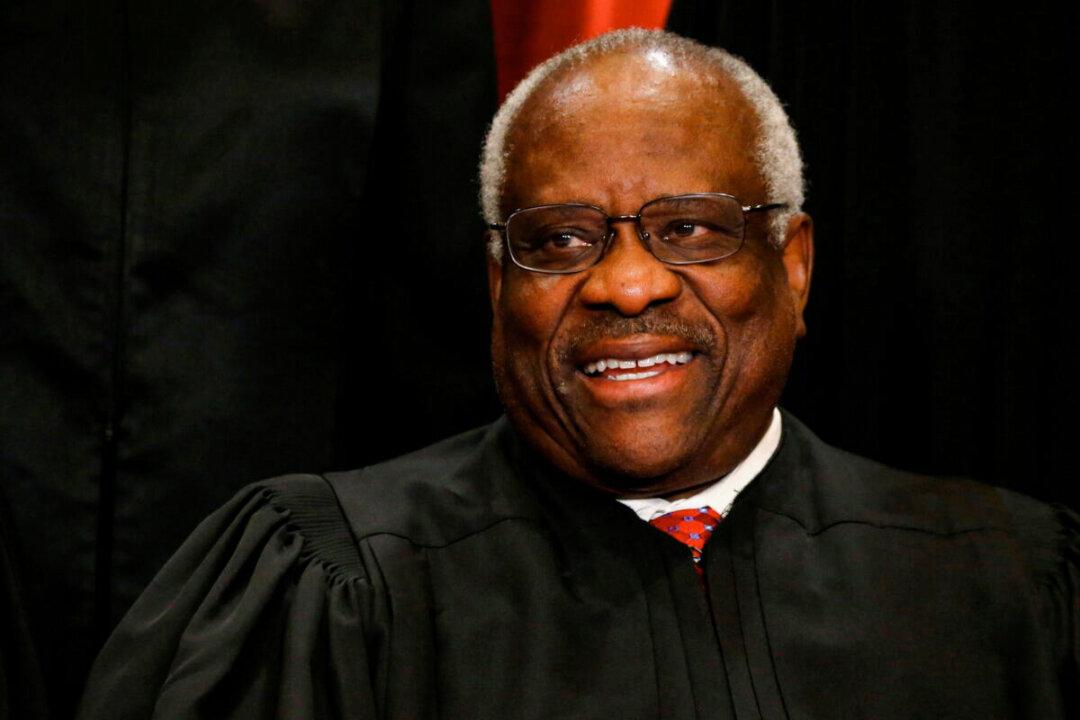The Supreme Court considered on Oct. 4 the case of a serial lawsuit filer who has sued more than 600 hotels over their alleged failure to post disability accessibility information on their websites without intending to actually patronize the hotels.
This complex appeal, which is rife with twists and turns, is known as Acheson Hotels LLC v. Laufer (court file 22-429).





